We work hard on making the industry more sustainable. And we love to tell stories about it.

Podcast on innovative technologies and sustainable process technology
The BEAP podcast series is about the collaborations between Dutch industry and 4 innovative SMEs who are creating the technology for a sustainable tomorrow.
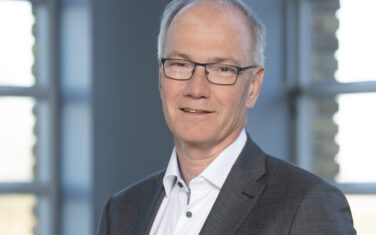
How smart processing makes a difference in protein functionality (podcast)
In this NIZO-podcast Peter de Jong, our specialist on food and agriculture, talks about the role of processing in protein functionality.

124 million for the first phase of Circular Plastics NL
The government has given the first phase of Circular Plastics NL its final approval, and is investing EUR 124 million in it from the Growth Fund.

Green Deal Eiwitrijke Gewassen gelanceerd
56 organisaties hebben hun handtekening gezet onder de nationale Green Deal Eiwitrijke Gewassen. Hoe leidt dit tot duurzame landbouw?

ToPerform Smart Solutions: “There is no Planet B”
Innovations should contribute to both the objectives of the Climate Agreementas as well as the growth of a companie.

FrieslandCampina’s goals and ambitions for a zero carbon emission future
How will FrieslandCampina realize their goals and ambitions for a zero carbon emmission future? Lei Weiwei goes in depth on their future plans.

Shell and DOW start up e-cracking furnace experimental unit
This milestone is a significant step toward decarbonising the most carbon intensive aspects of petrochemical manufacturing.
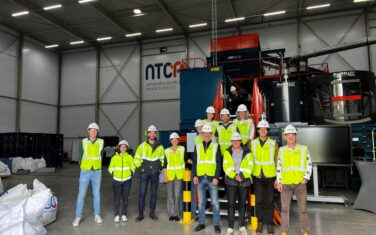
Enabling recyclers of plastics to increase the yield
The plastic recycling process today has losses and emissions. We started a new project to adress and partly resolve this issue.

Hydrogen Business Challenger: faster access to finance in European electrolysis market
The Hydrogen Business Challenger supports your chances of successful financing your initiative on green hydrogen.

How our young talents help realizing the energy transition
The energy transition requires well-educated young people to contribute to a sustainable society, such as our trainees. This is their story.
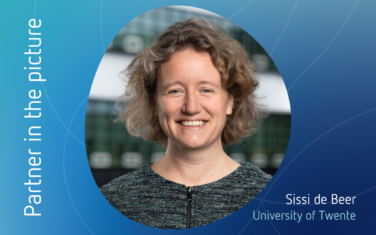
University of Twente: “Striving for a better world”
What are the opportunities and pitfalls in the energy- and material transition. Our valued partner, University of Twente tells us.

Recap: Circular Plastics Conference ’22
At the Circular Plastics Conference 140+ experts, pioneering thinkers, stakeholders and academics from the field of circular plastics gathered to formulate the next steps in closing the loop before 2050.

MAGNETO: “Applying new technologies to contribute to the energy transition”
In our series 'partner in the picture' we introduce some of our valued partners. For this edition we spoke to Matti van Schooneveld from MAGNETO, active in our HyScaling-project.
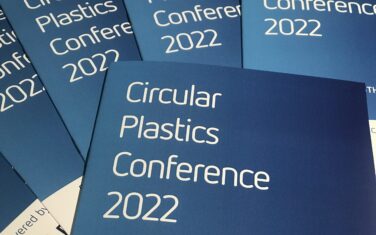
Liveblog: Circular Plastics Conference ’22
ISPT brengt live verslag uit vanaf de Circular Plastics Conference #CPC22

Plastics products: the need for knowledge-based design
At the Circular Plastics Conference '22 (CPC'22) we talk about designing products with the recycling function in mind.
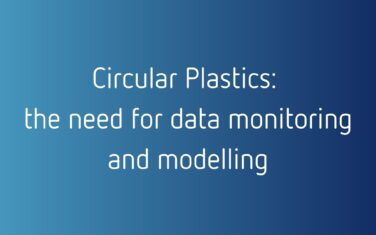
Circular Plastics: the need for data monitoring and modelling
To make the plastics industry more sustainable, we need data monitoring and modelling through mass balance analysis and circularity evaluation.
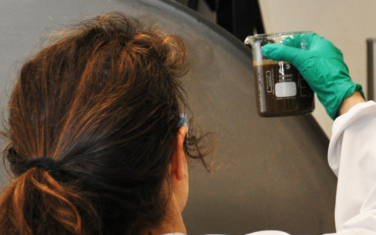
How can we produce valuable chemicals from toilet paper?
How can we produce valuable chemicals from paper waste? To answer this question, ISPT launched the Cell-U-Value project.
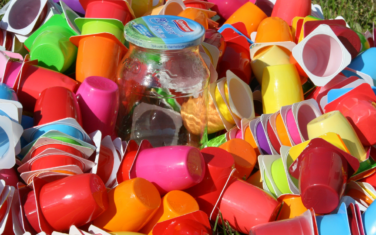
€220 million for development new circular plastic systems
The Dutch Ministerraad honored the Nationaal Groeifonds proposal 'Duurzame MaterialenNL' for the part concerning circular plastics.
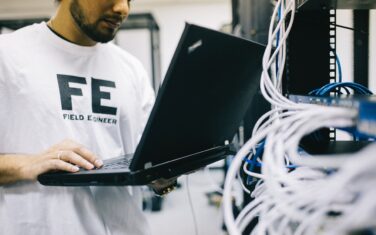
Towards a new level of data in the process industry: the EBI-project
The EBI-project works on predicting and reducing the environmental impact of process faults within economically (more) profitable boundaries.
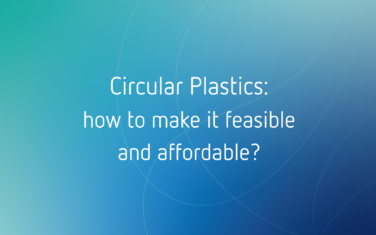
Circular Plastics: how to make it feasible and affordable?
In order to promote the circularity of plastics on an industrial scale, we need to work more effectively together. And that primarily means understanding each other’s roles.
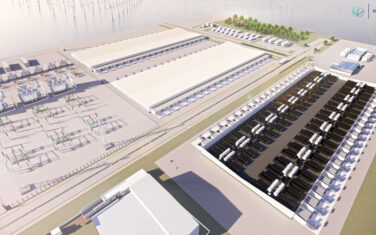
10 years of hydrogen: 3 highlights that involved ISPT
ISPT is proud to be part of 10 years of hydrogen, since hydrogen is a key priority for the transition to a clean and circular economy.

Kamerbrief over verduurzaming van industrie: een stap dichter bij een groene industriepolitiek
ISPT-directeur Tjeerd Jongsma praat over verduurzaming van de industrie en de rol van het Carbon Transition Model waarmee het kabinet de CO2-output doorrekent.

FO membranes offer new market opportunities, especially for food
The FOMM research shows that an improved FO membrane combined with module configuration offers new market opportunities, especially for the food industry.

ISPT-directeur Tjeerd Jongsma over het belang van samenwerken in de energietransitie
Wat zijn de huidige uitdagingen rondom de energietransitie? ISPT-directeur Tjeerd Jogsma spreekt erover in het Financieel Dagblad (FD).